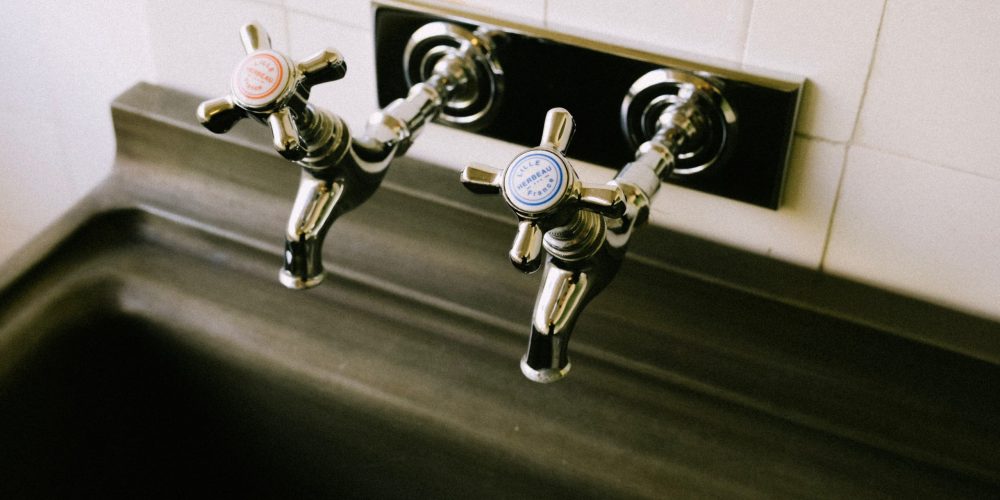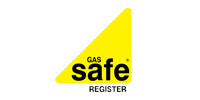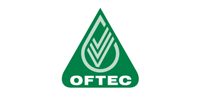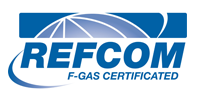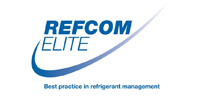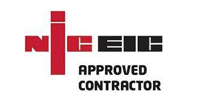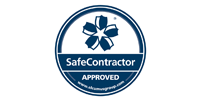In recent years Legionnaires’ Disease has become a very emotive subject affecting people in their living and working environments with outbreaks receiving widespread publicity. At the same time it has been found that those responsible for the operation of water services in at risk buildings, be they offices, factories, hotels, care homes, hospitals, etc., do not always fully appreciate their responsibilities.
Legionnaires’ Disease is a type of pneumonia which, besides affecting the lungs, may also have serious effects on other organs of the body often with fatal results. Infection is caused by breathing in airborne droplets of water which contain the Legionella bacteria, bacteria which are widespread in natural water sources.
An Approved Code of Practice (ACoP) L8 for “The control of legionella bacteria in water systems” came into effect in January 2001. To comply with their legal duties (enforceable under the COSHH Regulations and the Health and Safety at Work Act 1974), there is a requirement for building operators to undertake a formal Legionella Risk Assessment of the water services in their building. What does not seem to be fully appreciated is that the ACoP applies to all water systems in all non-domestic buildings – until you have assessed the risk of legionella proliferation how do you know that such a risk is negligible.
The Assessment, which is best carried out by independent specialists, should highlight areas of the water system where conditions exist which could stimulate the growth of Legionella. This could be a water temperature within the range of 20°C to 45°C or where suitable nutrient material exists in a dirty storage tank. The possibility of water droplet formation must also be assessed. This is commonly associated with spray fittings but is still possible from a badly scaled tap or even where water splashes in a basin. It is also important that current maintenance procedures are reviewed as part of the Assessment.
In many cases the Assessment will indicate that there is little if any risk from Legionella and that no further action is required. However, where potential risks are identified, it is essential that precautions are implemented to minimise these risks and that suitable documentation exists to demonstrate that all necessary work is being carried out.It is a commonly held myth that Legionnaires’ Disease will only be a problem in buildings that have air conditioning or cooling systems. In fact it is more likely to be found in the hot and cold water systems which are found in the vast majority of buildings. If in any doubt, ensure that a risk assessment is carried out.
We offer a full survey/treatment service with one to four annual visits – depending on your requirements. Monitoring water temperatures, noting pipework and tank condition and full chemical flushing to ensure that your responsibilities as an owner/operator of an industrial or commercial building are fulfilled.
Please contact us for further information.

